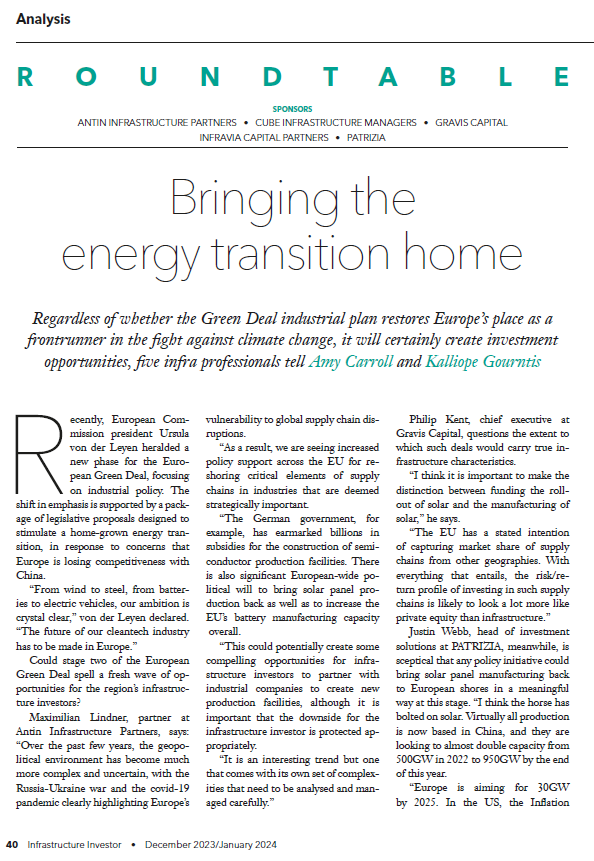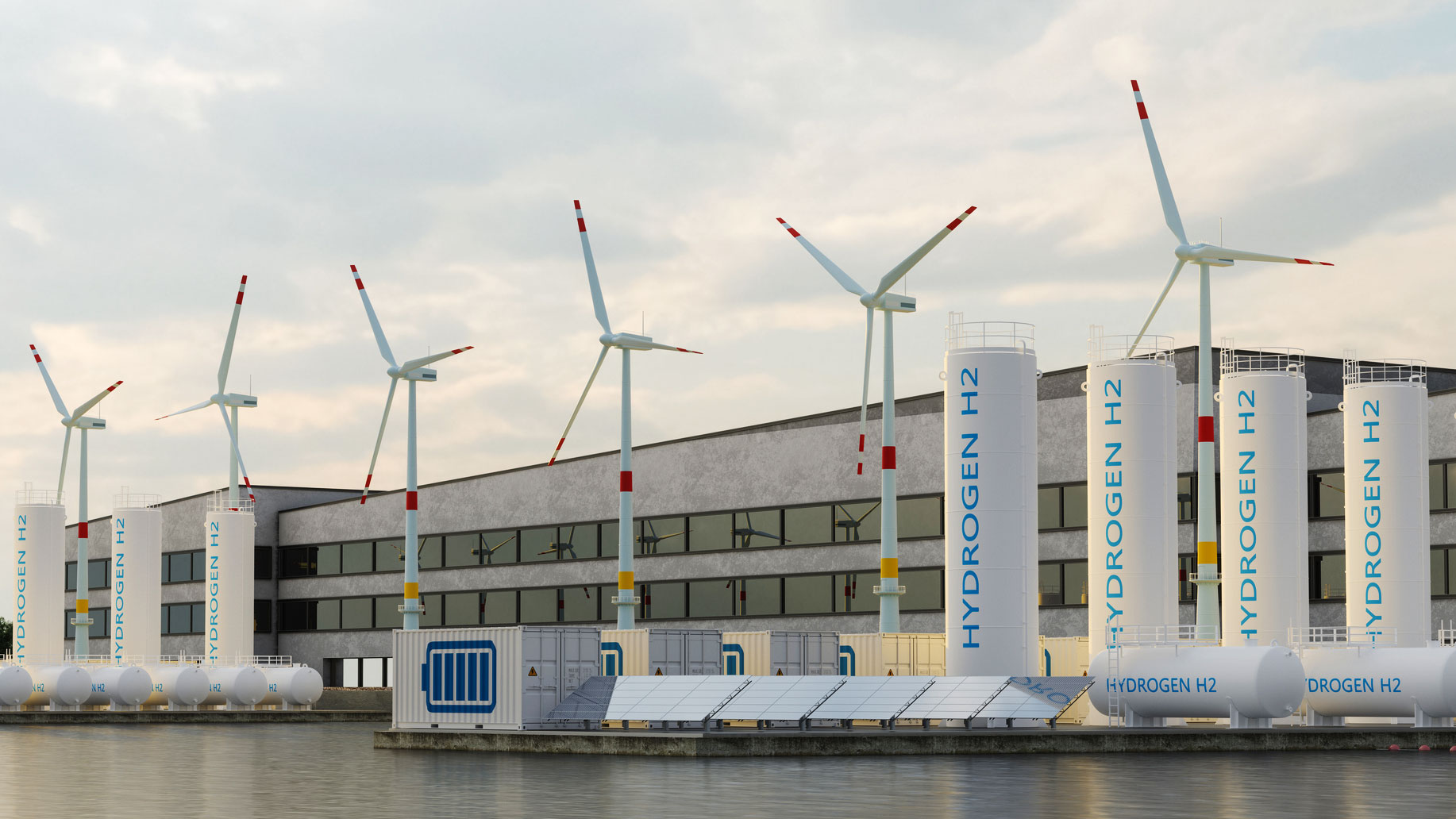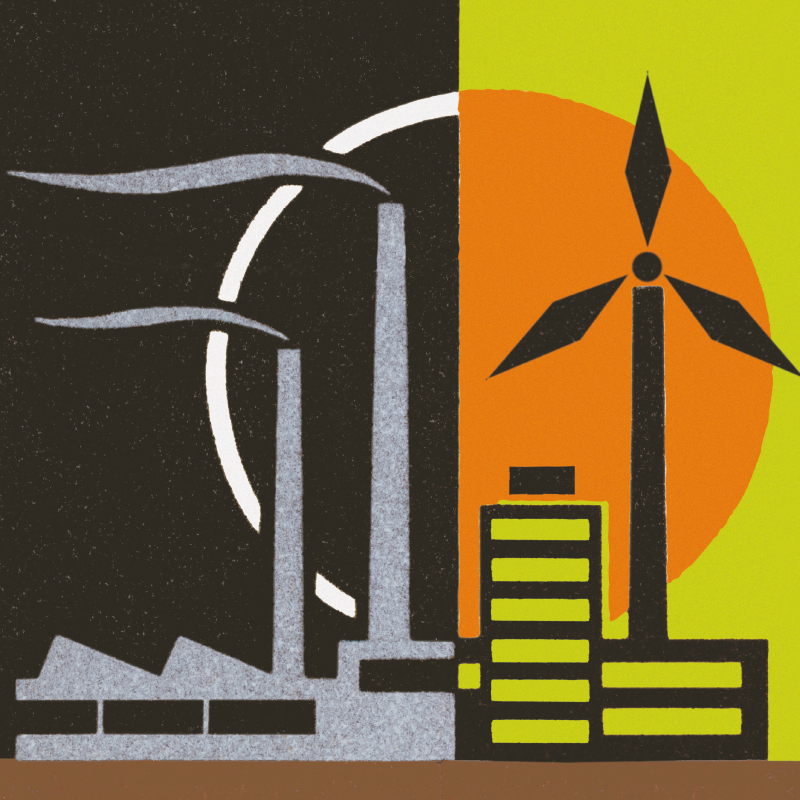Infrastructure Investor Roundtable Bringing The Energy Transition Home

Infrastructure Investor Roundtable Bringing The Energy Transition Home Cube Infrastructure Infrastructure is composed of public and private physical structures such as roads, railways, bridges, airports, public transit systems, tunnels, water supply, sewers, electrical grids, and telecommunications (including internet connectivity and broadband access). The meaning of infrastructure is the system of public works of a country, state, or region; also : the resources (such as personnel, buildings, or equipment) required for an activity.

Infrastructure Investor Energy Transition Infrastructure is the basic facilities and system serving a country, region, or community. examples of infrastructure include mass transit and telecommunications networks. Infrastructure definition: 1. the basic systems and services, such as transport and power supplies, that a country or…. learn more. Infrastructure meaning: 1. the basic systems and services, such as transport and power supplies, that a country or…. learn more. Infrastructure (also known as "capital goods", or "fixed capital") is a platform for governance, commerce, and economic growth and is "a lifeline for modern societies". [1] . it is the hallmark of economic development. [2].

Infrastructure Investor Energy Transition Infrastructure meaning: 1. the basic systems and services, such as transport and power supplies, that a country or…. learn more. Infrastructure (also known as "capital goods", or "fixed capital") is a platform for governance, commerce, and economic growth and is "a lifeline for modern societies". [1] . it is the hallmark of economic development. [2]. Infrastructure definition: the fundamental facilities and systems serving a country, city, or area, as transportation and communication systems, power plants, and schools see examples of infrastructure used in a sentence. In the broadest sense, infrastructure refers to the foundational systems, structures, and services that support the functioning of a community, region, or nation. historically, infrastructure focused on physical assets like roads, rails, and utility lines. Even our original definition of infrastructure, from its first published entry in a merriam webster dictionary in 1955, described the “underlying foundation or basic framework of an organization or system,” and so was not limited only to the construction of roads and bridges. The infrastructure investment and jobs act (iija), also known as the bipartisan infrastructure law (bil), (h.r. 3684) is a united states federal statute enacted by the 117th united states congress and signed into law by president joe biden on november 15, 2021.

Energy Transition Report 2020 Infrastructure Investor Infrastructure definition: the fundamental facilities and systems serving a country, city, or area, as transportation and communication systems, power plants, and schools see examples of infrastructure used in a sentence. In the broadest sense, infrastructure refers to the foundational systems, structures, and services that support the functioning of a community, region, or nation. historically, infrastructure focused on physical assets like roads, rails, and utility lines. Even our original definition of infrastructure, from its first published entry in a merriam webster dictionary in 1955, described the “underlying foundation or basic framework of an organization or system,” and so was not limited only to the construction of roads and bridges. The infrastructure investment and jobs act (iija), also known as the bipartisan infrastructure law (bil), (h.r. 3684) is a united states federal statute enacted by the 117th united states congress and signed into law by president joe biden on november 15, 2021.

Energy Transition Report 2020 Infrastructure Investor Even our original definition of infrastructure, from its first published entry in a merriam webster dictionary in 1955, described the “underlying foundation or basic framework of an organization or system,” and so was not limited only to the construction of roads and bridges. The infrastructure investment and jobs act (iija), also known as the bipartisan infrastructure law (bil), (h.r. 3684) is a united states federal statute enacted by the 117th united states congress and signed into law by president joe biden on november 15, 2021.

Energy Transition Report Infrastructure Investor
Comments are closed.